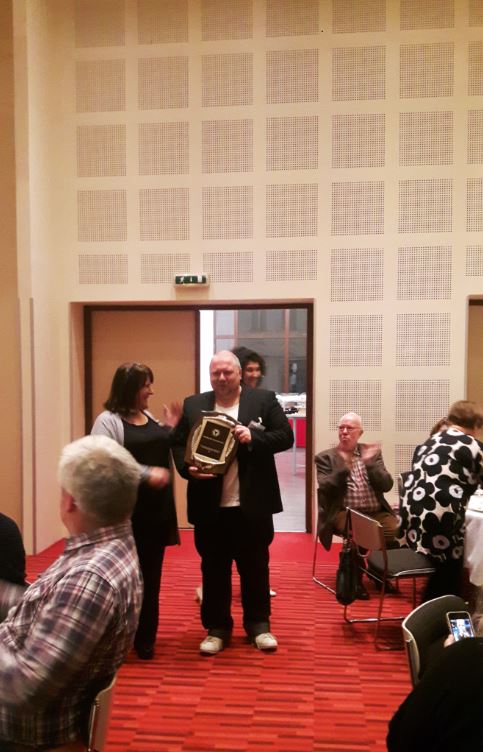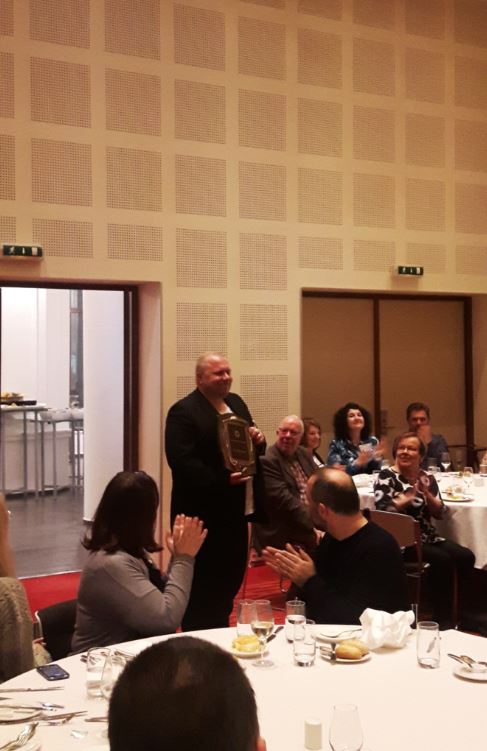Kukunori
Winner of The Pedro Montellano Good Practice Award 2019
Kukunori – Central association for culture and mental health (Helsinki, Finland)
Culturehouses using Guided functional peer support-model
Description of the Project
Culturehouses, using GFP (Guided Functional Peer Support) -model is a combination of peer support and creative activities. The main goal is to support the young adult mental health clients to find natural means of life management and social skills development, both at work and disability rehabilitation. GFP-model aims to a new type of peer-guided functional development. Instead of traditional disease-centered dialogue of the peer support, GFP focuses on human resources and functionality through interaction. Professional staff has trained the peer tutors to support the activities and the rehabilitation clients jointly in the groups.
Guided Functional Peer Support (GFP) is a working model used in peer support work in communities for groups with special needs. The model is a consolidation of peer support and functional activities with the aim to support for example young adult mental health clients. The model was originally developed by Markus Raivio , music therapist and project director. The GFP-model differentiates from traditional disease-oriented treatment with its focus on functionality through interaction. The peer tutors are trained by professionals to support
psychiatric rehabilitation clients in groups. [1] Instead of focusing on problems, the clients do and learn new things that they are interested in together. [5] The contents of the functional groups are usually art-based and include for example music, multimedia and visual arts, but activities with animals and sports are also common.
You can read more about the model from paphlet: Young heroes written by Markus Raivio
https://itunes.apple.com/us/book/young-heroes/id732829676?mt=11
Website: https://kukunori.fi/
About the Award
This prestigious Award aims to recognise the outstanding initiatives and innovative efforts of our members. The Award recognises good practice and provides an opportunity to challenge the stigma often associated with mental health issues by highlighting good practices to a wider audience and supporting the exchange of expertise between members.
The Award was created at the GAMIAN-Europe Board in 2010. The First edition was presented at the GAMIAN-Europe annual convention in 2011. Yearly, all GAMIAN-Europe members will be informed on the results and called to apply for the next year’s Award. By supporting and publishing all projects GAMIAN-Europe wants to contribute to the fight against stigmatisation, exclusion and isolation of people with mental health problems by revealing “good practices” to a large audience and supporting the exchange of expertise between the projects.


